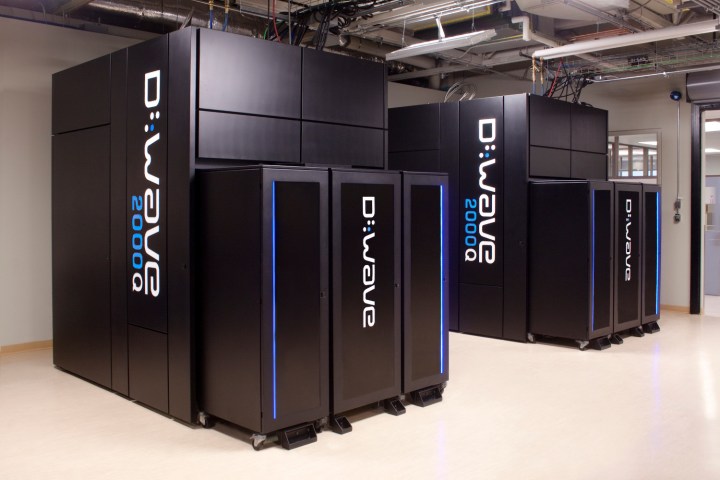
The first 2000Q on the market is set to be snapped up by cybersecurity firm Temporal Defense Systems. “Combining the unique computational capabilities of a quantum computer with the most advanced cyber security technologies will deliver the highest level of security, focused on both prevention and attribution of cyber attacks,” Chief Technical Officer James Burrell said.
The 2000Q continues D-Wave’s track record of doubling the number of qubits implemented in its most potent annealing computer every two years, according to Tom’s Hardware. Its added horsepower makes for an exponential increase in the problems that the system can handle — the company claims that the 2000Q is capable of 1,000 times better performance than its 2X computer, which was released in 2015.
However, the qubit increase is not the only improvement that the 2000Q can claim over its predecessor. The system introduces new control features that can apparently improve its efficiency.
“D-Wave continues to advance the state-of-the-art in quantum computing with each generation of systems we deliver to customers,” CEO Vern Brownell said. “We are the only company selling quantum computers, and our growing ecosystem of users and developers gives us the benefit of their practical experience as we develop products to solve real-world problems.”
While Brownell’s claims are technically accurate, there is an asterisk over his definition of a quantum computer. D-Wave specializes in quantum annealing computers, rather than the universal quantum computers currently being developed by the likes of Intel, IBM, and various academic institutions.
A quantum annealing computer isn’t capable of the full gamut of operations that a universal quantum computer would be able to perform. However, annealers hold an advantage over universal systems in that they are much closer to fruition at this point in time — even the most advanced attempts at a universal quantum computer are currently confined to a handful of qubits.
D-Wave is steadfast in its claims that quantum annealing computers can help with tasks like optimization and machine learning. Temporal Defense Systems certainly seems to be convinced that the 2000Q offers an advantage over other hardware, as the rig will reportedly cost the company around $15 million.

